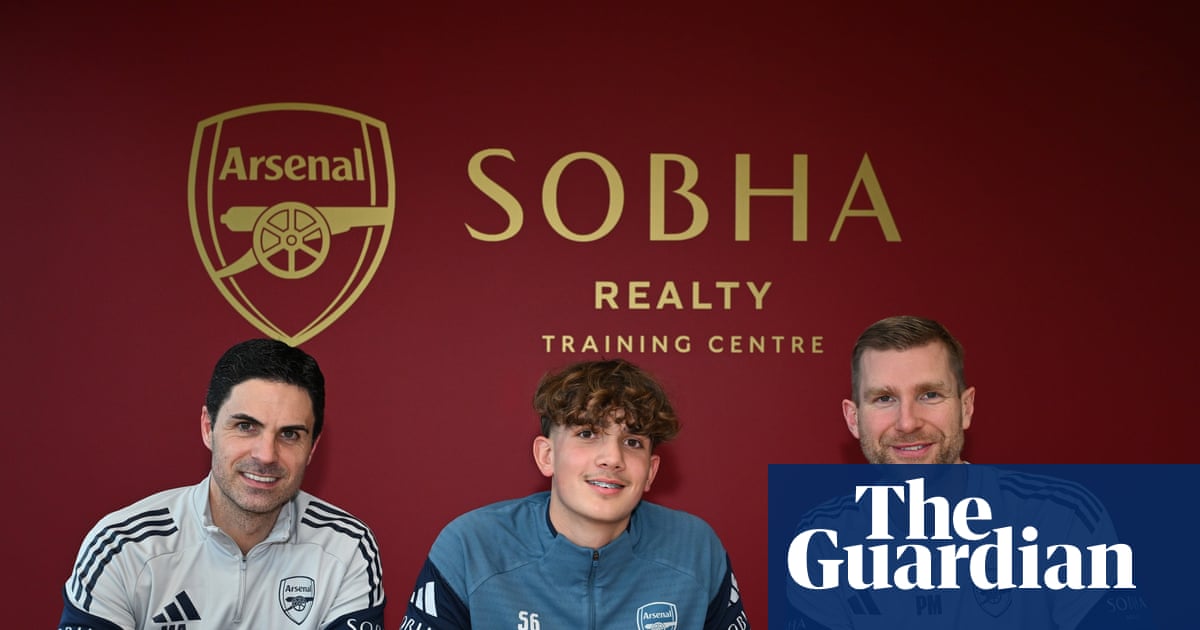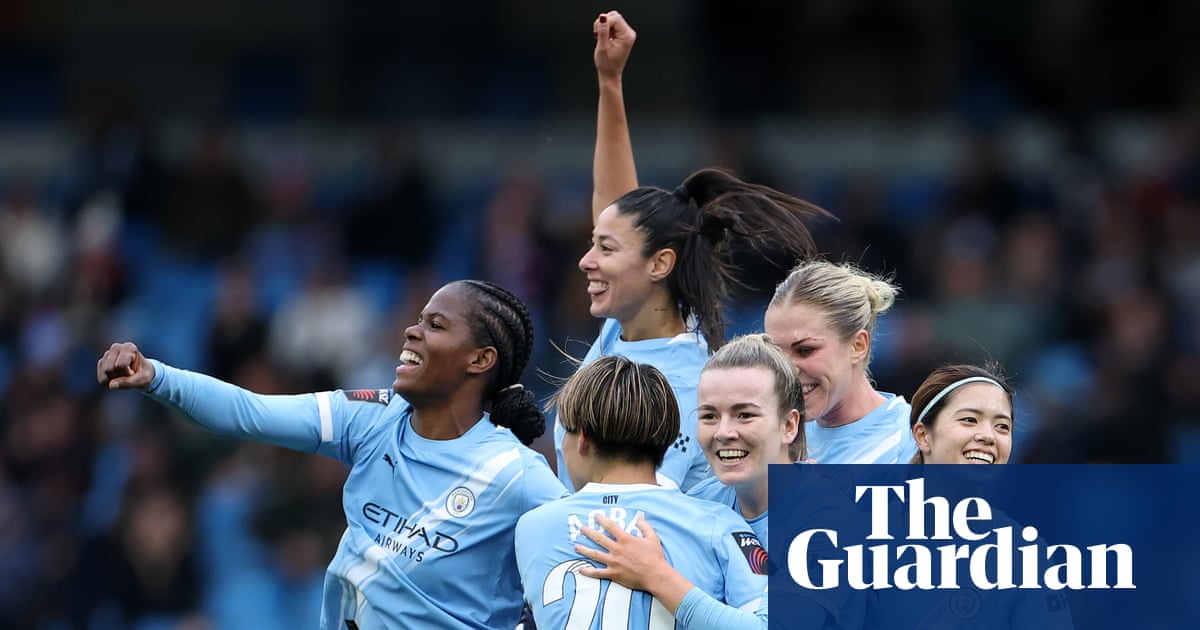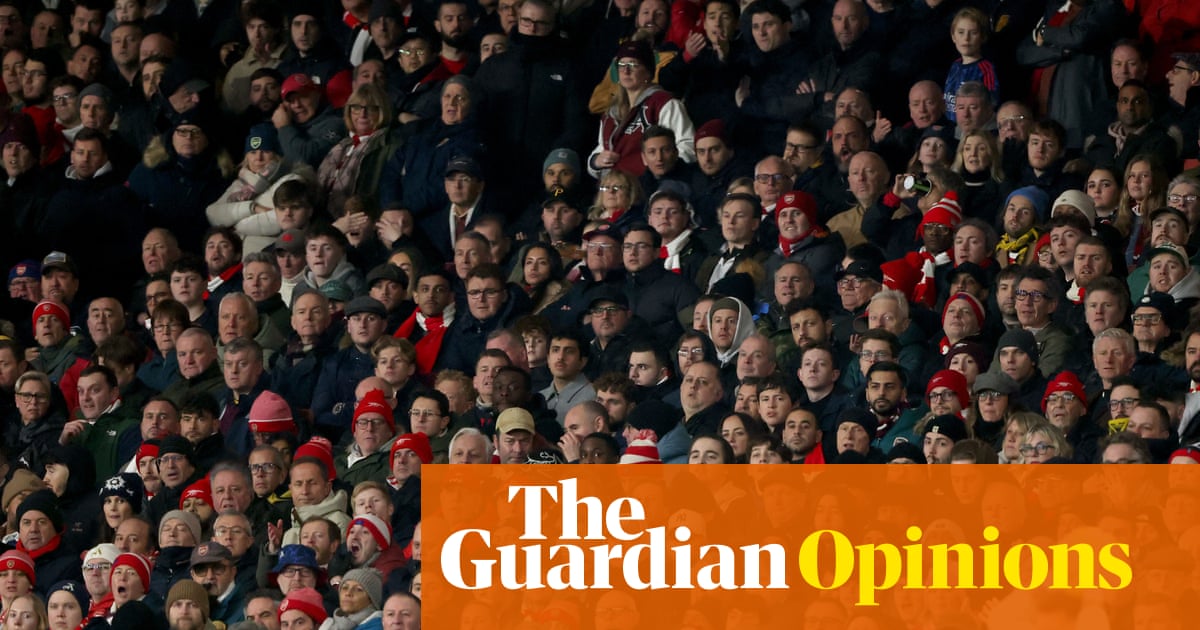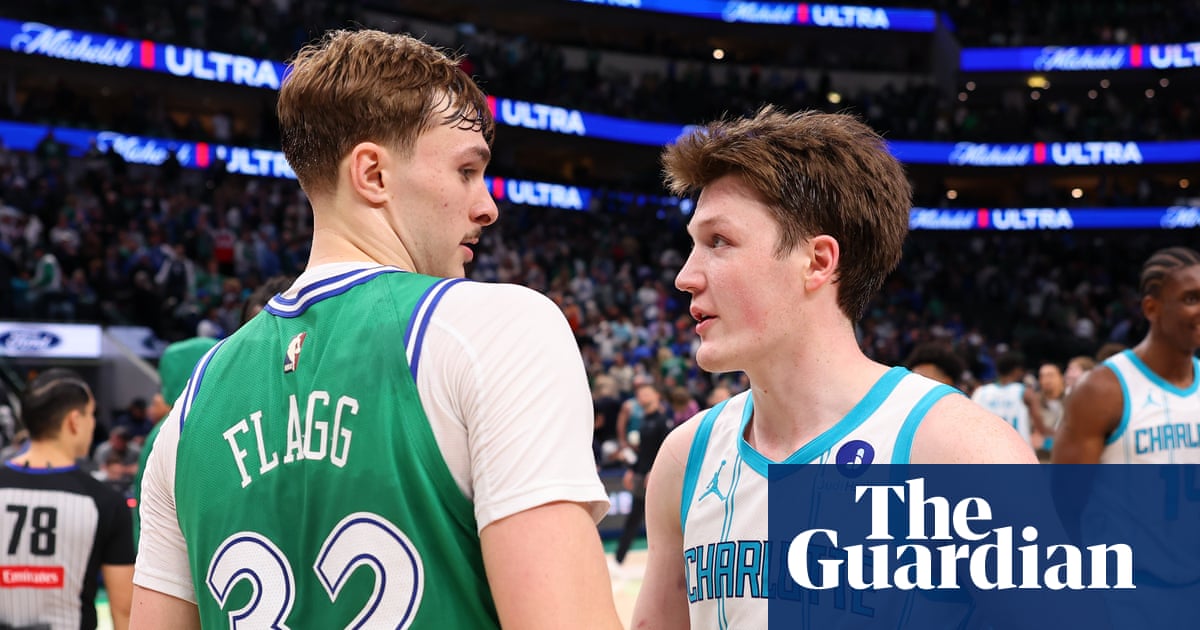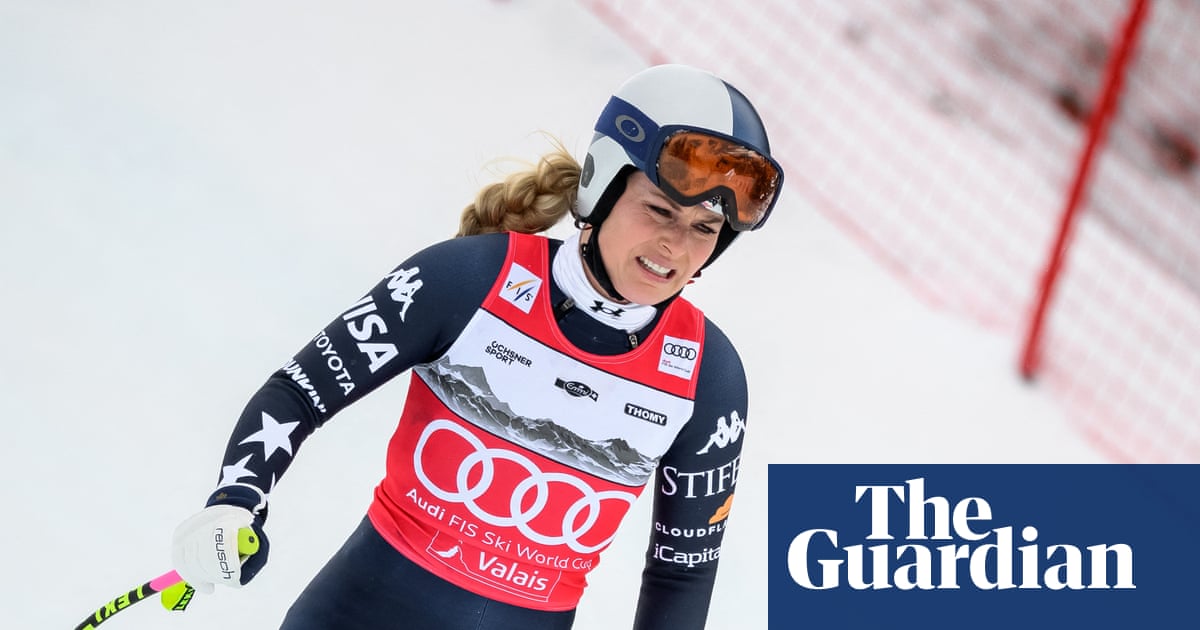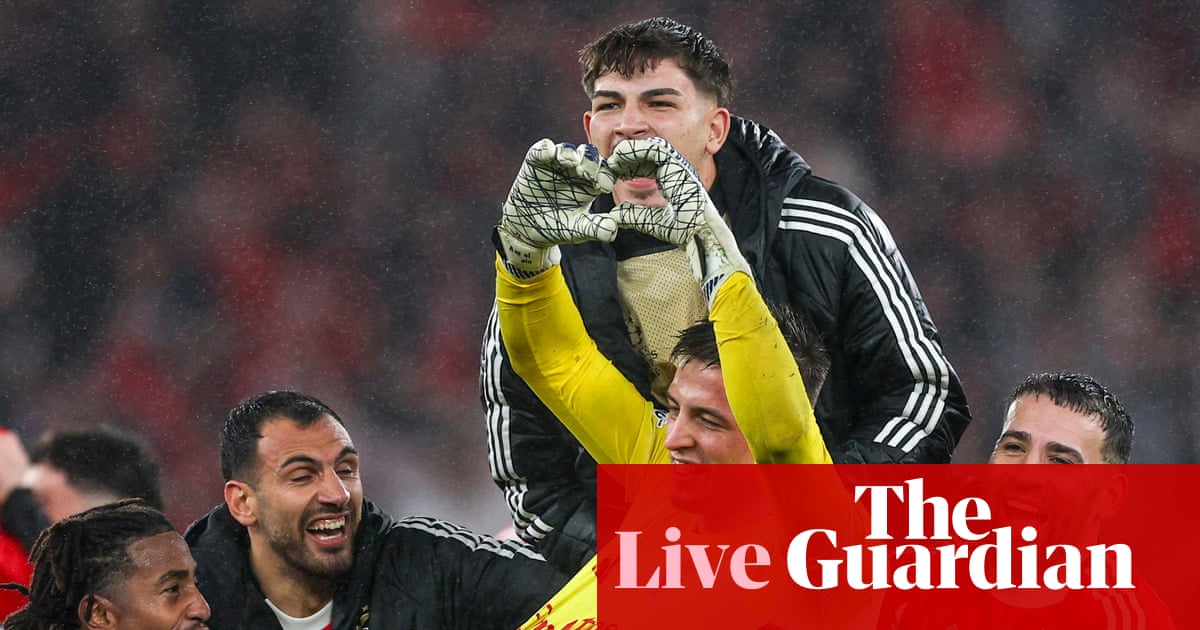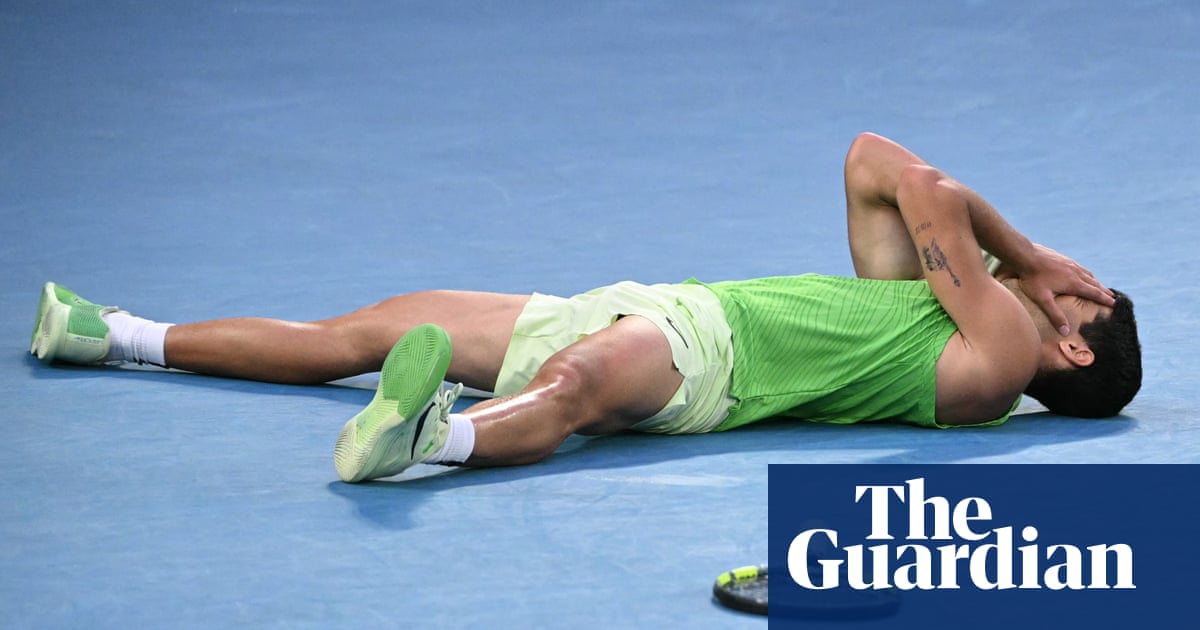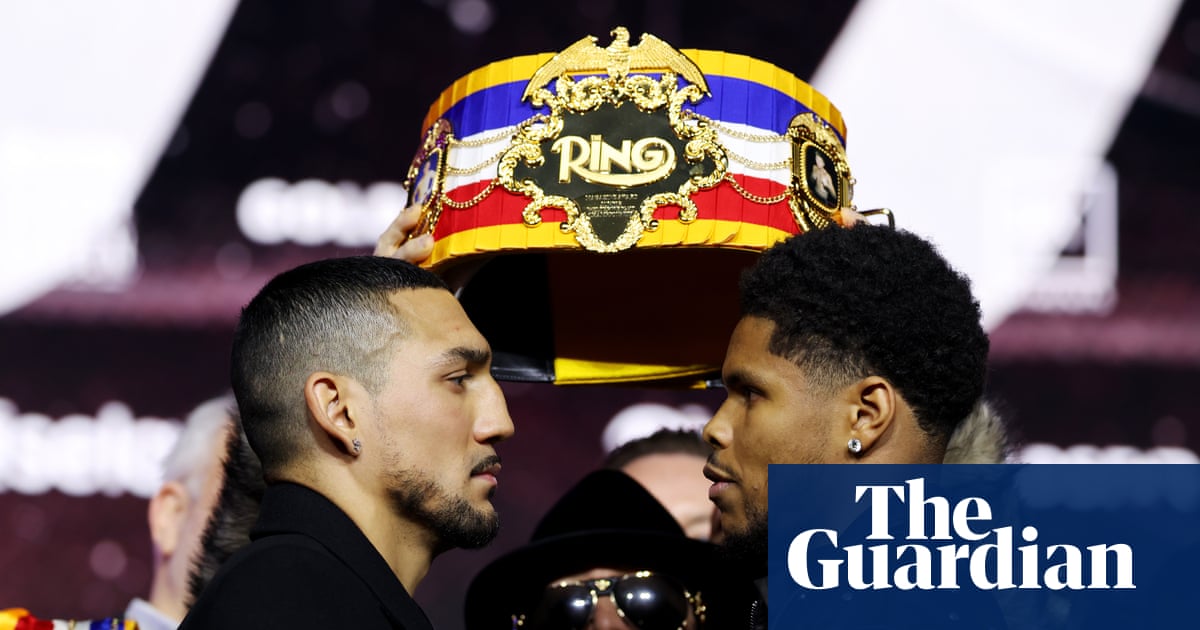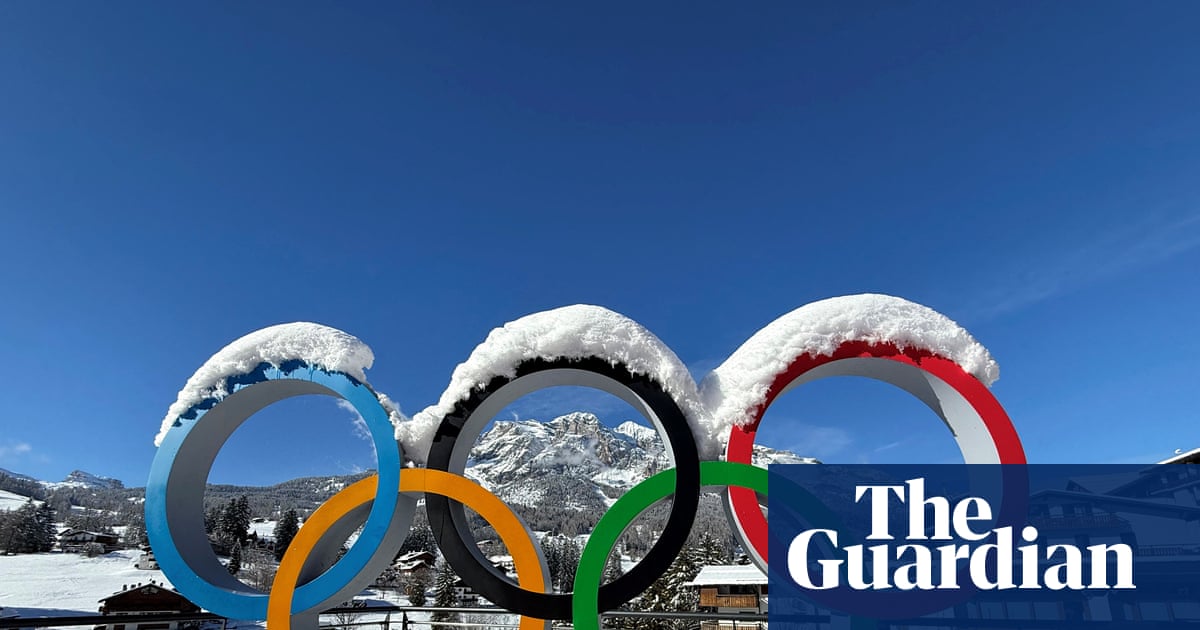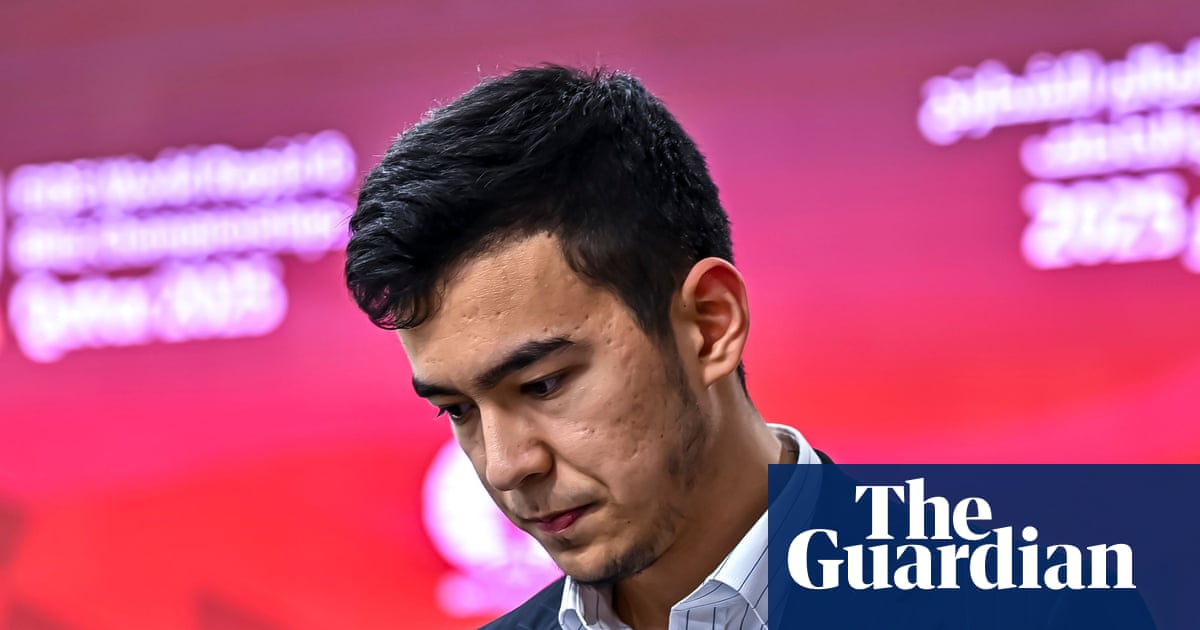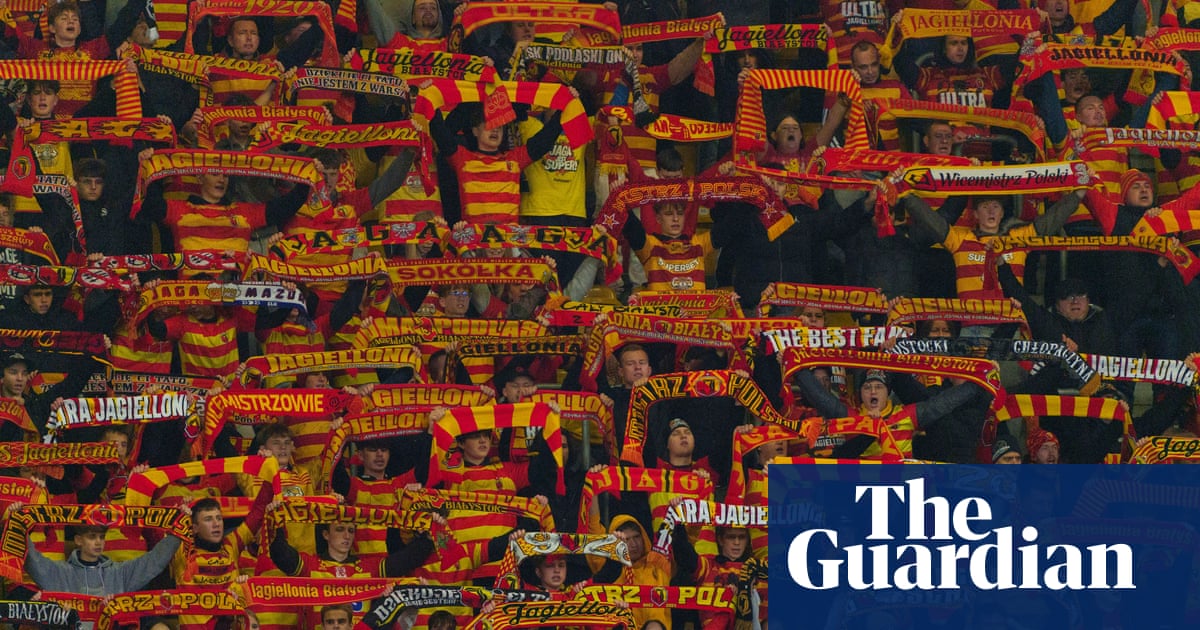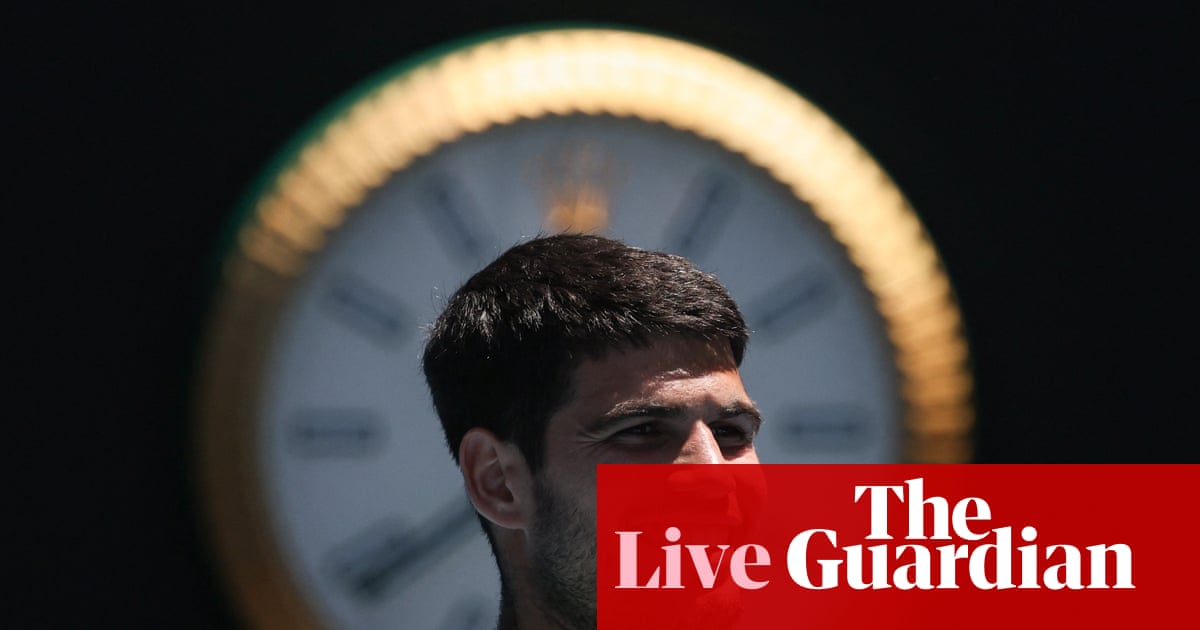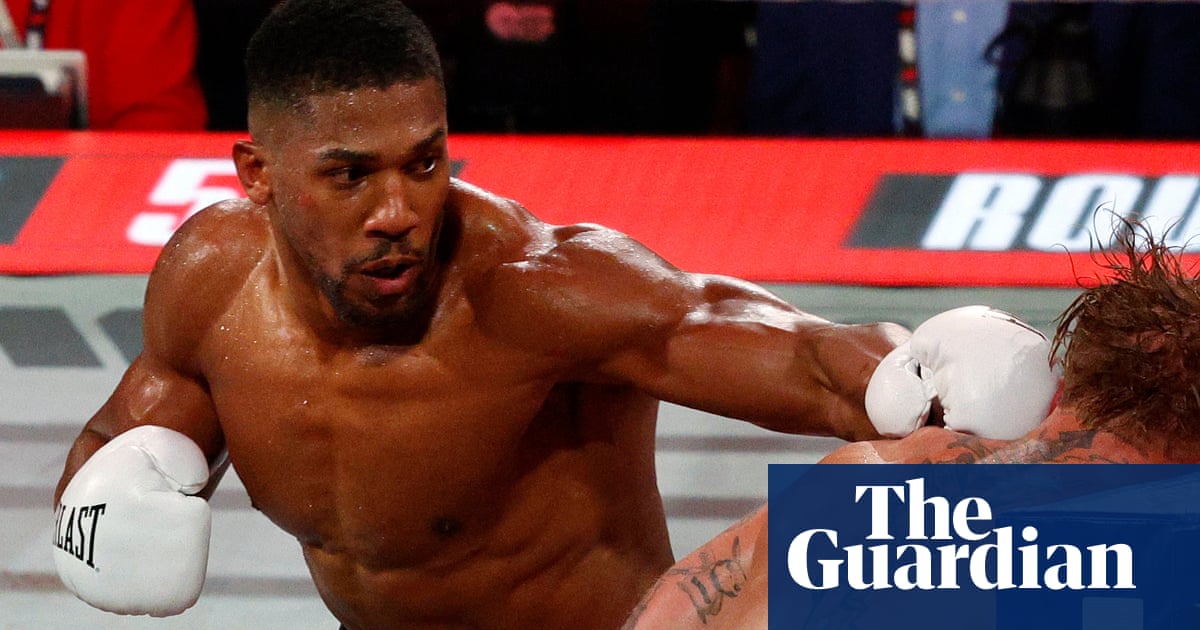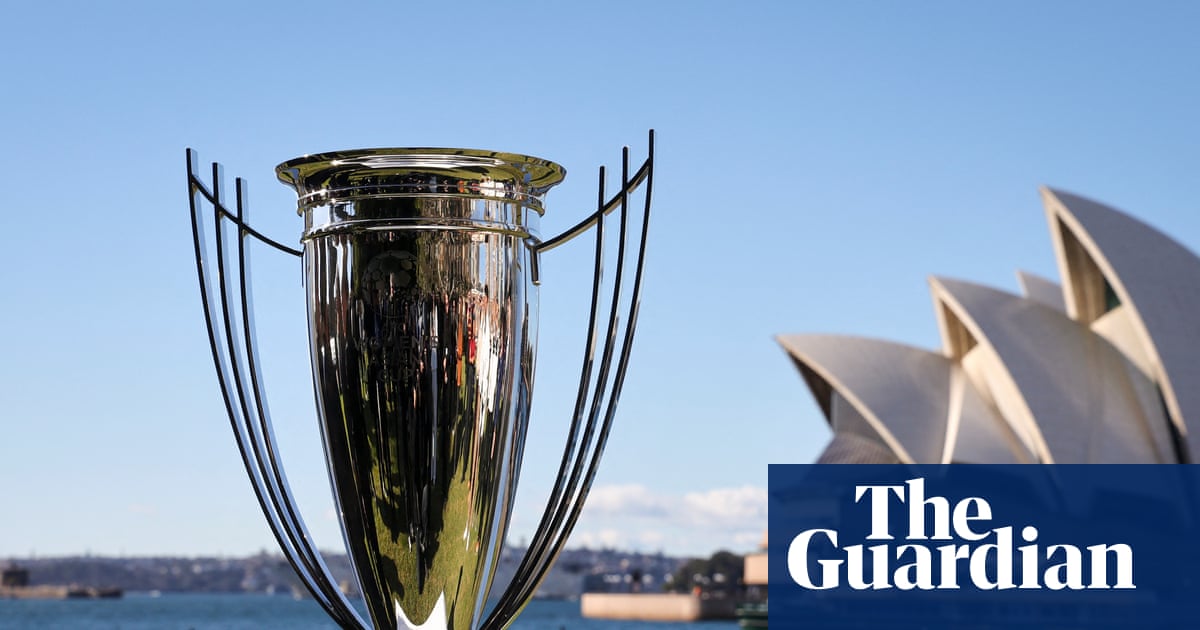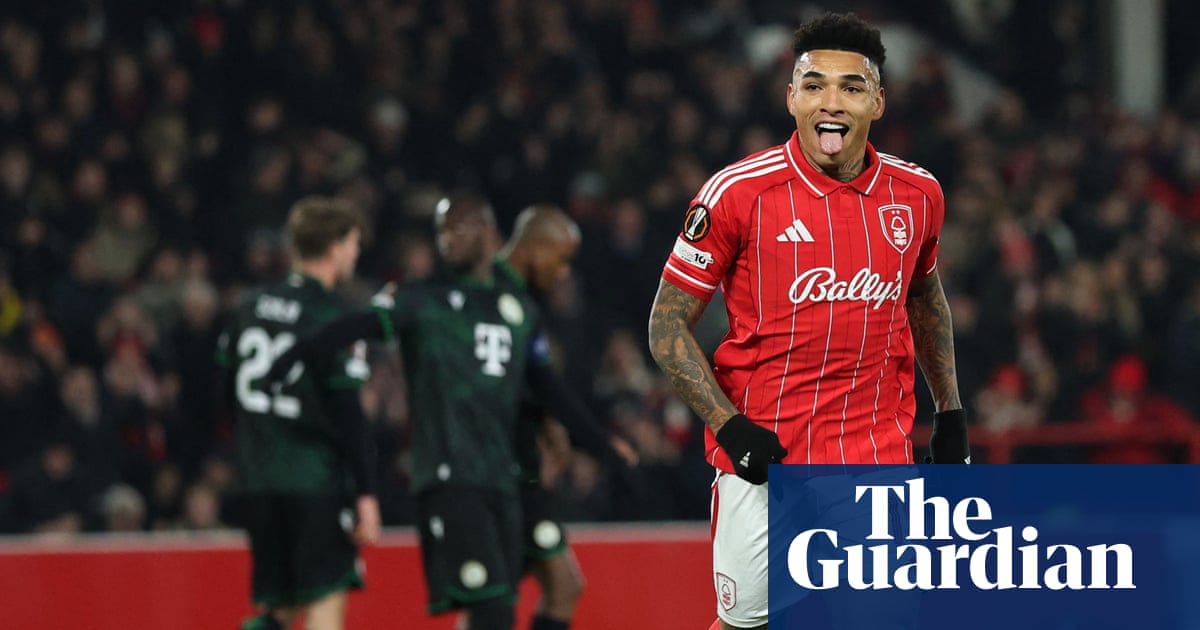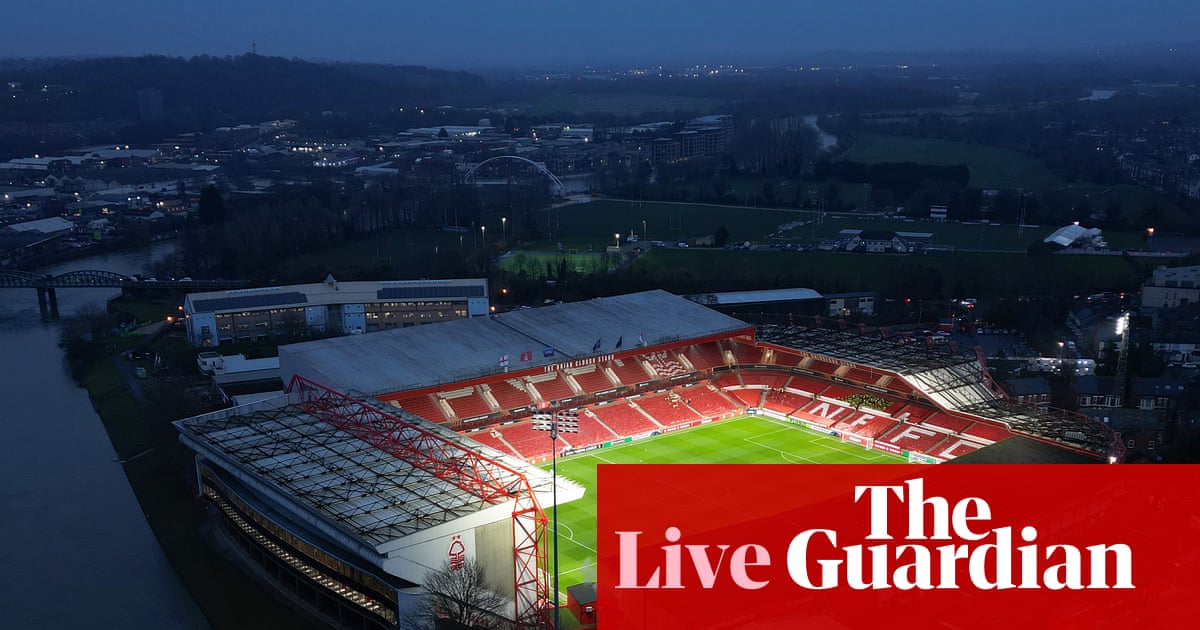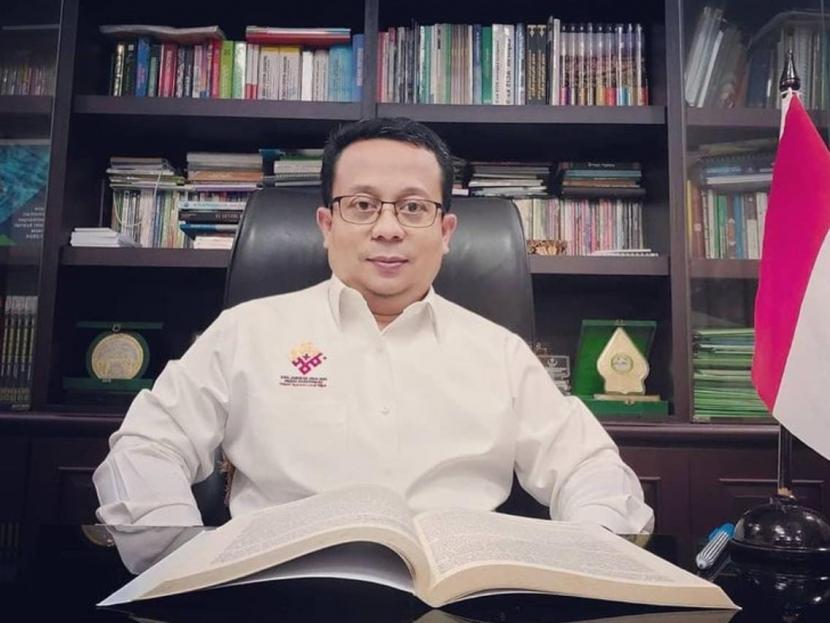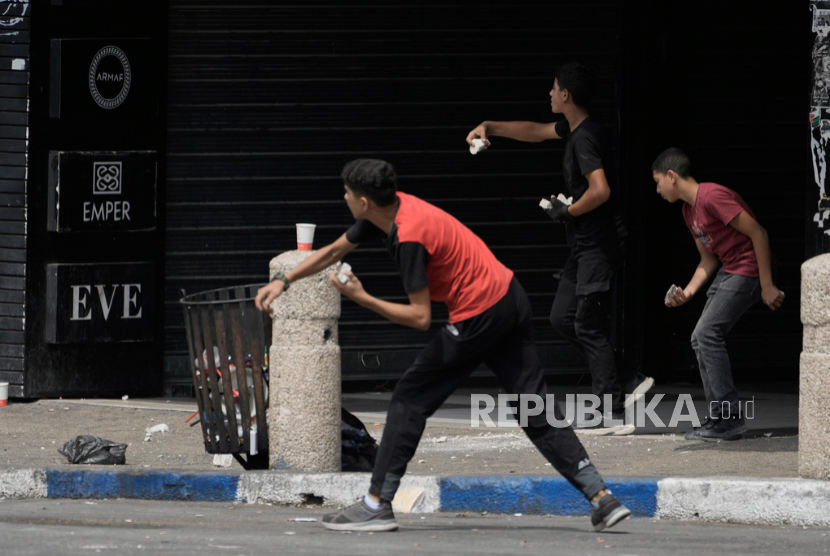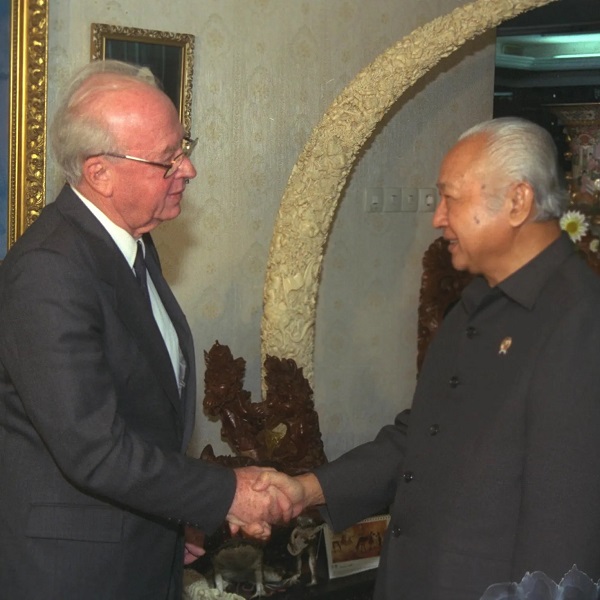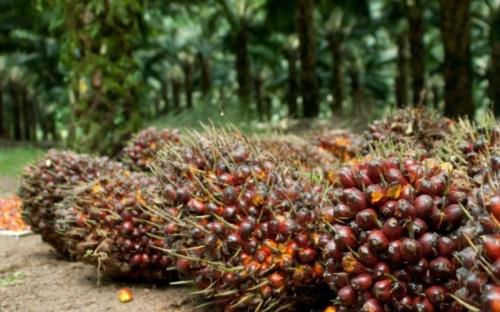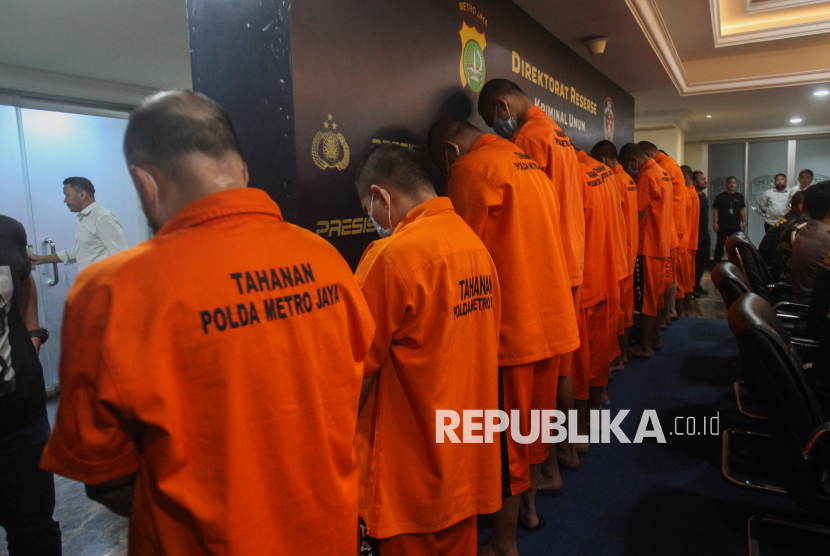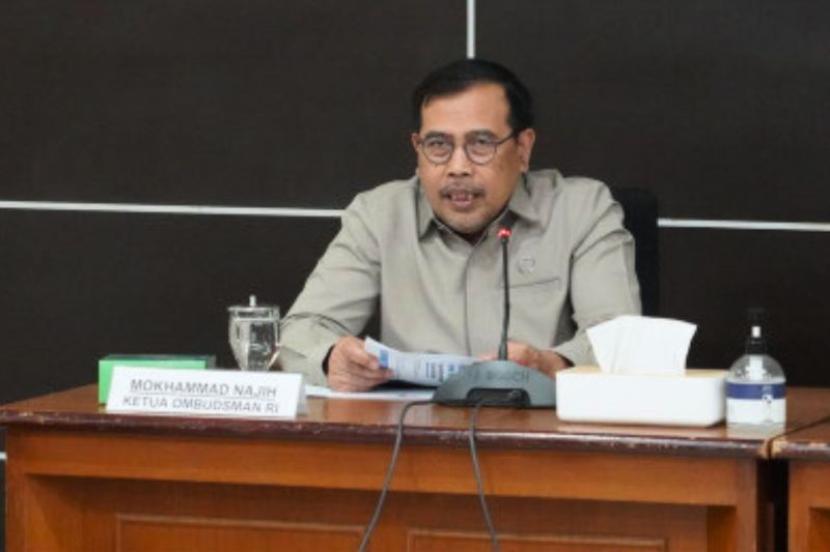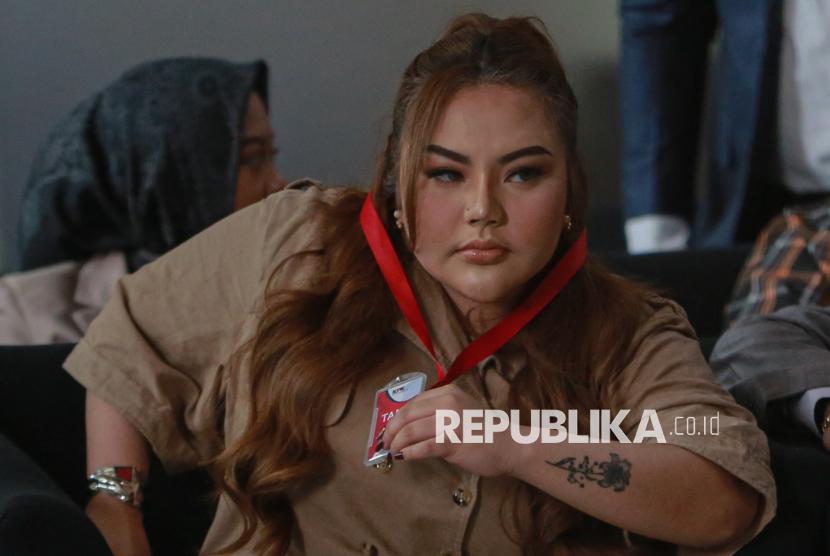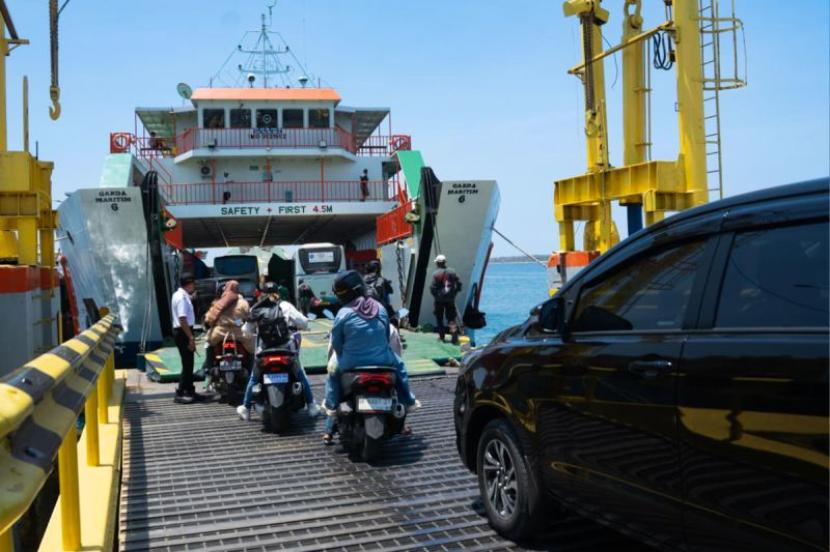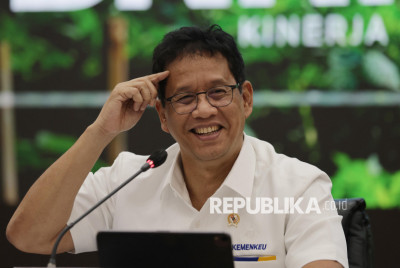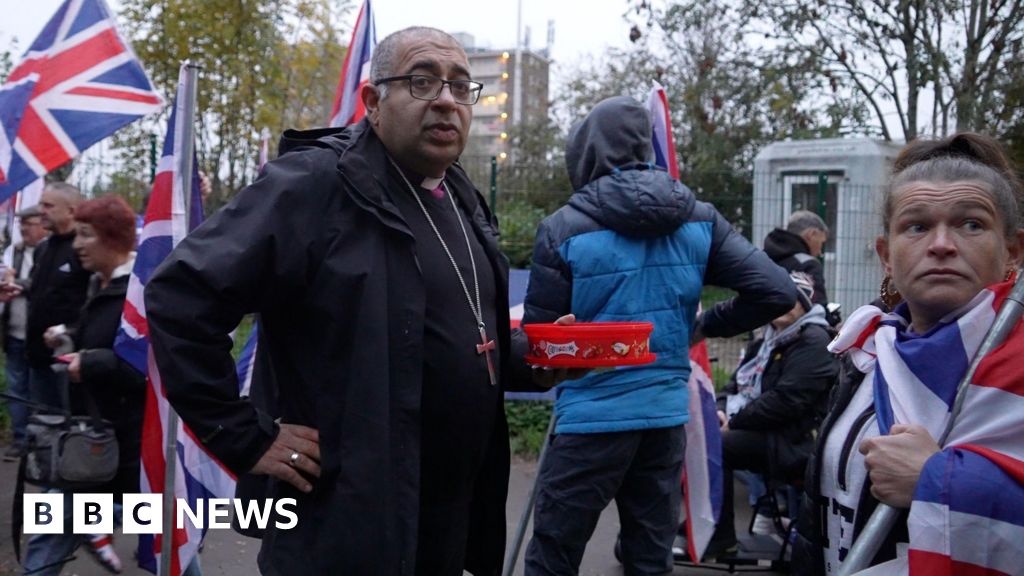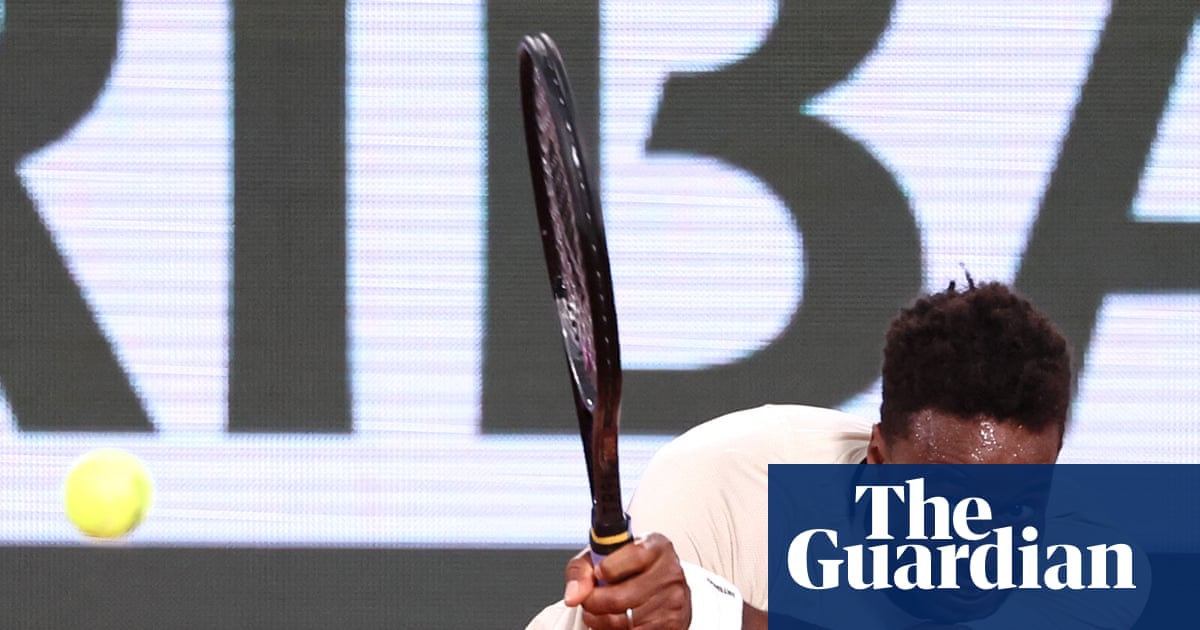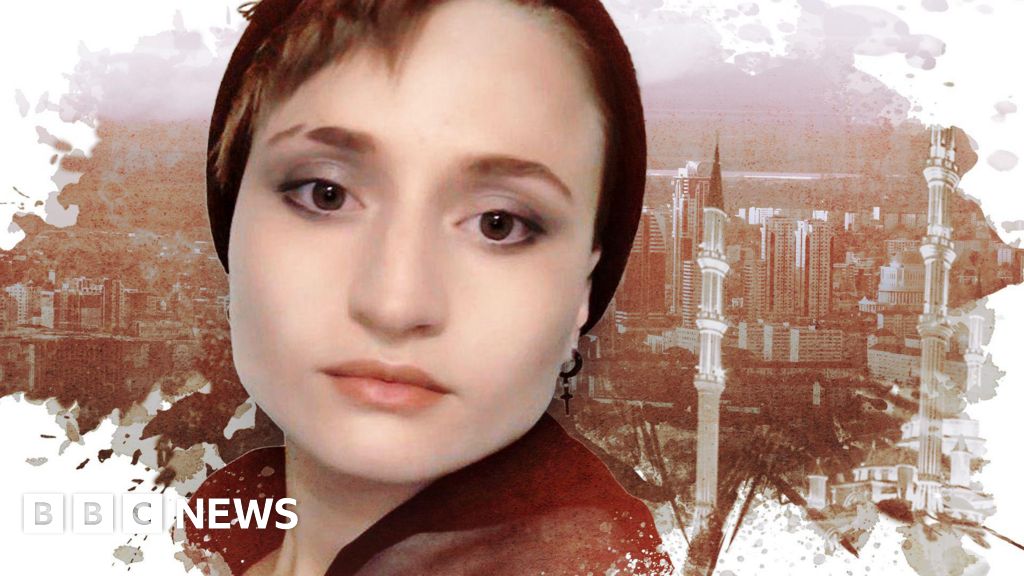“We’re building Swedish youth.” The sign adorning the main stand at Brommapojkarna is simple, authoritative and accurate. Beneath it, in the lashing rain, the men’s side are training. But while their top-tier status is important, that is far from the primary focus.
Twenty-four hours before the men’s game, BP’s 5,000-capacity Grimsta IP stadium hosted a celebration of the under-19s, who secured a first national title since 2008. Youth development is at the heart of the club and on Sunday the fruits of Vällingby, a suburb in west Stockholm, will be consumed 1,100 miles away in north London.
Viktor Gyökeres, whom BP snared in his early teens, will – recent hamstring injury permitting – wear red, while Lucas Bergvall, a BP graduate whose younger brother plays for the youth team, will be in white. The injured Dejan Kulusevski was also at BP for a decade until he joined Atalanta at 16.
“The academy is the most important thing for the club,” says David Eklund, BP’s head of scouting for boys aged 13 to 17. “Without it, we don’t have money and we don’t have jobs. We’d have a club but not at this level. For someone to play here for the first team is really good for us, and we’re really proud of it. But we need to sell players – sometimes we do that before they reach first-team level.”

Kulusevski never played for the seniors, and Bergvall gained 445 minutes in the Swedish second tier before moving to Djurgården. Gyökeres had more first-team influence, helping BP to their 2017 promotion with 13 goals and five assists before he joined Brighton.
Eklund spotted the now Arsenal forward, first watching an 11-year-old Gyökeres play for the lower-league side IFK Aspudden-Tellus. At 14, Gyökeres and his family rebuffed BP. He signed 12 months later. “I could see he was strong and a good finisher,” Eklund says. “I thought he had the potential to be a professional … but on this level? No, I don’t think so.”
Traces of BP’s academy can be found elsewhere in the Premier League. The Burnley centre-back Hjalmar Ekdal and Jonah Kusi-Asare, on loan at Fulham from Bayern Munich, are graduates. The former Sweden internationals John Guidetti, Anders Limpar (scorer of 20 goals in 116 Arsenal appearances during the early 1990s) and Nils-Eric Johansson also played there.
On the staircase to a small canteen in the main stand – Swedish meatballs are the order of the day – are pictures of Kulusevski (2022 and 2023), Gyökeres (2024) and Limpar (1991) proudly holding the Guldbollen (Golden Ball), the annual award for the best male Swedish footballer.
What makes BP special? The surroundings are state-owned and far from glamorous. The ground is a hodgepodge of new and old, uncovered wooden terraces merged with seats. A passerby would never conclude that they had walked into what BP describe as Europe’s biggest club: they have more than 4,000 playing members and several hundred teams.
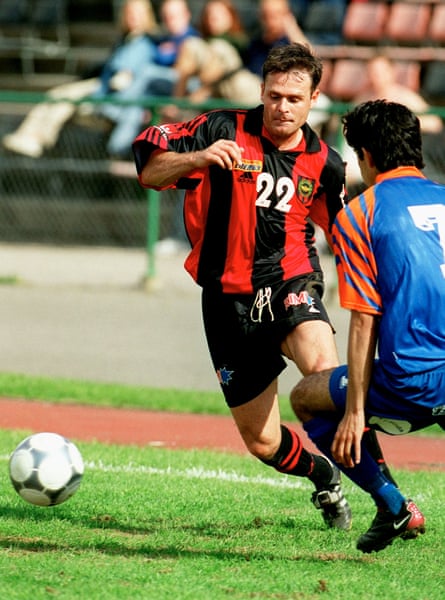
Inside the main stand, the white breeze-block walls are adorned by pictures of successful youngsters. Navigating the corridor is an obstacle course involving avoiding the gym spillover, with players on mats stretching wherever they can find a spot. A weighted sled sits on a towel and is pushed between doors.
But it is also the perfect setting. A 4G pitch means usage is unlimited other than in the heaviest snow. A giant tent provides an indoor facility. This hosts school holiday camps, as does the all-weather pitch a few hundred yards away.
Such a set-up is not unusual in Sweden’s top division but less common is the network of five Stockholm-based scouts and seven nationwide led by Eklund. Asked what BP’s secret is, he says: “I don’t think we do anything different to other clubs on the pitch. Football is football, practice is practice. But we start them really early. Other Swedish clubs start more at 11, 12 years old whereas we start them at eight.”
BP run as many as 91 teams in each age group (that top number currently applies in the category for players aged five to seven), all training four times weekly. The academy, which makes up less than 10% of the club, is therefore selected from a pool of hundreds. “Then we have the best scouting and recruitment in Stockholm and in Sweden, I think,” Eklund says. “It doesn’t matter how good the coaches are – you need to have the talent.”
That is helped by reputation. BP, with crowds averaging in the low 2,000s, lack the glitz of AIK, whose gates are 15 times that. They are no Hammarby or Djurgården, Stockholm’s other Allsvenskan (top-division) sides. But Eklund says: “We are the best [youth] team. And if you’re the best team, everybody wants to play for that club. We have players come to us.”
The first team have just made it three seasons in a row in Allsvenskan, their longest stint. As recently as 2021, they were in the third tier.
after newsletter promotion
When BP post their first-team lineup on social media, they proudly mark those who played youth football for the club. On the day of the Guardian’s visit, nine graduates were involved in first-team training. All four senior goalkeepers came through at BP.

Nineteen of the 33 players who made a 2025 league appearance were under 23, including seven teenagers. The 17-year-old Love Arrhov is a regular starter and will join Eintracht Frankfurt in January. Carl Aurell, 15, recently became the club’s youngest Allsvenskan player.
Baran Coskun is head coach of the under-19s and assists with the seniors. He was at Karlberg BK, who he coached to promotion to the third tier, when Philip Berglund, BP’s sporting director, called in late 2024.
“Philip is the first-team sporting director but also of the under-17s and under-19s,” he says. “A lot of Swedish clubs have problems getting the young players to make the step up to the first team, but at BP, me and Magnus Pålsson – the under-17s coach – work together with the first team, so the jump is easier.”

It means Coskun has needed to use 41 players across the season, including Oliver Schaaf, 18, who, as well as studying and training, coaches during school holidays. “The coaches tell us that because of BP’s big reputation of producing young players, when people watch our games, they expect to see something brilliant,” Schaaf says. “They try to motivate us to work harder.”
Someone who has taken the road Schaaf is starting on is Nabil Bahoui. He, at 34, is back at the club where his football life began, having experienced the Bundesliga, the Swiss Super League and the Eredivisie. He also won eight Sweden caps. “He has good contact with the [academy] players,” Coskun says. “They love him, and he loves them. He talks with them because he has been in their shoes.”
And that, in a nutshell, is why BP works so well.
.png)
 2 months ago
27
2 months ago
27
